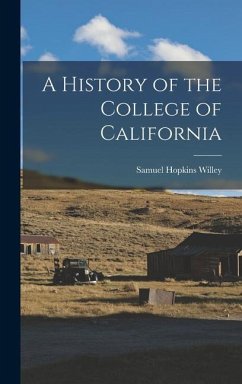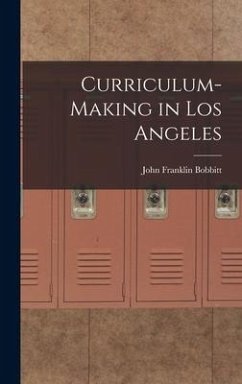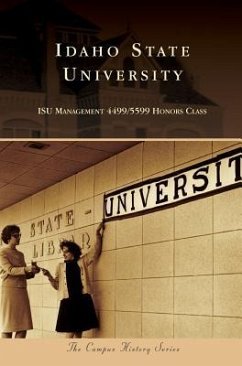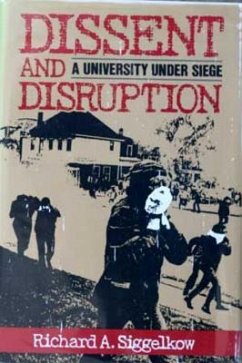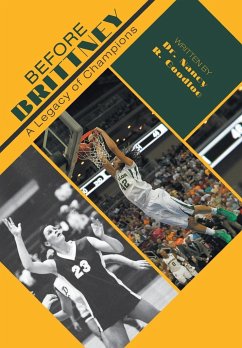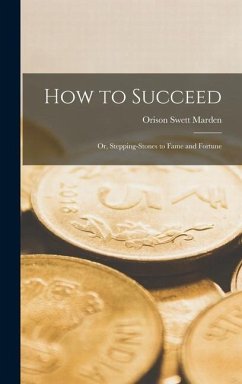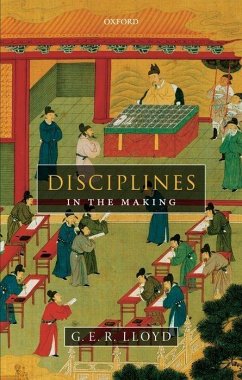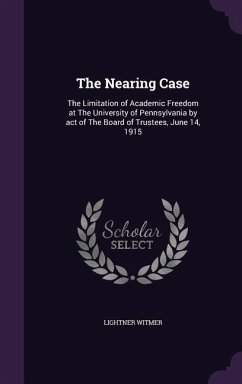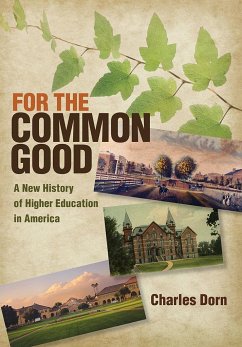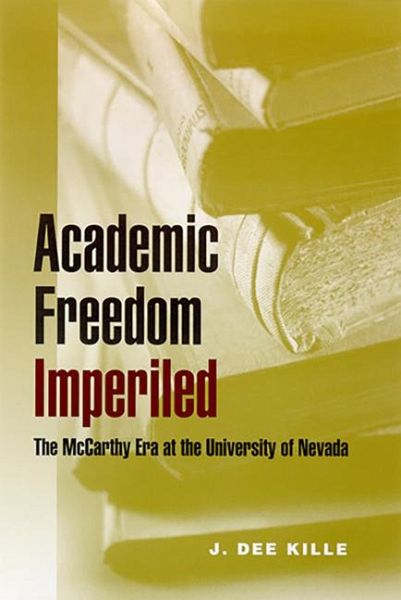
Academic Freedom Imperiled: The McCarthy Era at the University of Nevada
Versandkostenfrei!
Versandfertig in über 4 Wochen
30,99 €
inkl. MwSt.

PAYBACK Punkte
15 °P sammeln!
The "Red scare" of the 1950s created a national crisis that challenged concepts of loyalty and freedom of speech in every corner of American society. The crisis was especially problematic in American universities, where traditions of academic freedom found themselves at odds with political issues stemming from the Cold War. The University of Nevada in Reno was no exception. The university before and during World War II was a small (fewer than 2,000 students) school offering basic programs to a largely Nevada-based student body in the nation's least-populated state. The campus was quiet, secure...
The "Red scare" of the 1950s created a national crisis that challenged concepts of loyalty and freedom of speech in every corner of American society. The crisis was especially problematic in American universities, where traditions of academic freedom found themselves at odds with political issues stemming from the Cold War. The University of Nevada in Reno was no exception. The university before and during World War II was a small (fewer than 2,000 students) school offering basic programs to a largely Nevada-based student body in the nation's least-populated state. The campus was quiet, secure, traditional, and generally conservative. The postwar years brought booming enrollments and new faculty members many from outside Nevada, imbued with a sense of the importance of research and of shared academic governance. Soon, the university found itself embroiled in an intense controversy that threatened its academic integrity and even raised concerns about its future as a viable institution. The 1952 appointment of Minard W. Stout as president triggered the crisis. Mandated by a conservative Board of Regents to "clean up" the university, Stout brought to his new job a keen sense of mission and a strident commitment to an authoritarian, top-down chain of command. His subsequent battles with faculty and students over their role in university governance and over the very nature of higher education soon degenerated into angry accusations of faculty Communist sympathies and bitter confrontations over academic free speech, academic freedom, and loyalty. The storm brought the university national notoriety and made the administration of higher education a major issue within Nevada, ultimatelyinvolving the state legislature and the courts in an effort to resolve the conflict. J. Dee Kille's lively and insightful account of the crisis "on the hill" rests on a wide range of archival sources, interviews and oral histories, university records, and published sources. Of vita



